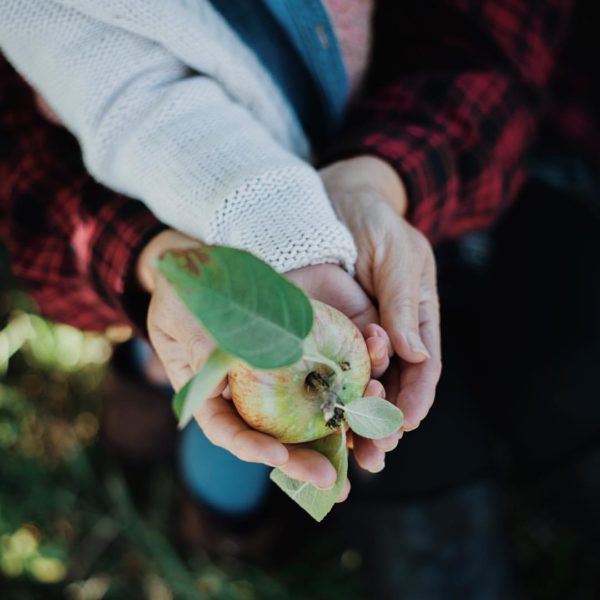
Very early on in our parenting life, after Ray died, my husband and I decided that Ray would continue to be a part of our family, of our lives. We would continue to have pictures up of him in our house. We would talk about him. We would use our “Ray Bear” as a place holder in family pictures. Ray made us parents. And we planned to honor his memory by keeping it alive. What I wasn’t prepared for was the big emotions I would witness and the many questions I would answer as I helped our living children grieve.
Our second son, Jonathan Ray, was born just over a year after Ray died. I remember being in labor, two weeks early, and sobbing. I did not want another baby (yet I wanted one so badly). My mother, in all her wisdom, told me “You haven’t met this baby yet and when you do you will not be able to imagine life without him.” She was so right.
Jon helped us heal in so many ways. When he was around 8 months old, I carried him out of our bedroom and he pointed to the picture of Ray on the wall just outside of our door. I walked him up to the picture and said, “That’s your big brother. I think you met him before you came to live with us.” I kid you not, Jon looked at me and nodded his head.
He has spent so much time at Ray’s grave over the years. The first time he played in the snow was with his big brother at the cemetery. I have really struggled with the idea that going to a cemetery is a normal part of our kids’ lives, but it just is. For the longest time, when we would pass a cemetery Jon would say “Hey Mommy. Look at all the Ray Stones!”

We have since added August Ray (Gus) and Eloise Ray (Lou) to our family. Gus rarely discusses Ray but when he does it is full of big emotions and feelings. Lou currently talks about her big brother that is “dead” all the time. It leads to some concerned looks from others, but I explain to them that, yes, she does have a big brother who died. We have had to have discussions with all our living children about how Ray died, why he died, and where he is now. My living children understand the concept death on a level that most 8, 6, and 4-year-old children shouldn’t.
The first time Jon asked me how Ray died I was at a loss of words. He was three and a half. How do you explain Sudden Infant Death Syndrome (SIDS) to a not quite 4-year-old without scaring them? I think my initial answer was something along the lines of “He just did.” He seemed to be happy with that answer and started talking about something completely different.
The second time he asked was right after he found out who his kindergarten teacher was. I was already an emotional mess because my big baby was going to kindergarten. He climbed into the car and said “Mommy, how did Ray die? And why did he die?” I was blindsided again. I told him that his heart just stopped and that God needed him more than mommy and daddy did but that we missed him very much. Jon absorbed this information for a few minutes. Then he asked me if his heart was going to just stop.
I had been dreading this conversation. I explained that everyone dies. Some people die earlier than others, but that Jon was healthy and growing and strong–that he was going to live for a very long time. Again this seemed to appease him… until a few months later. He was having a hard time going to bed and started to sob uncontrollably. I couldn’t figure out what was wrong until he managed to squeak out “I miss Ray” between his sobs.
I started crying with him. I explained that I missed Ray, too, and it’s okay to miss him. I told Jon that he can talk to Ray in Heaven any time he feels he needs to. I gave him his Brother Bear (a teddy bear that has angel wings) and his EB (an Easter Bunny that I bought for him and Ray on Jon’s first Easter–we left one on Ray’s grave and Jon kept the other). This calmed him enough to go to sleep but it left me in tears. To this day, my growing 8-year-old boy keeps his Brother Bear and EB in his bed to keep close to him at night.
 Eloise has recently started talking about her big brother Ray who is dead. That’s how she words it. She’s 4 and she is very blunt. She will frequently crawl into my lap and give me a hug, saying, “I just miss Ray so much.”
Eloise has recently started talking about her big brother Ray who is dead. That’s how she words it. She’s 4 and she is very blunt. She will frequently crawl into my lap and give me a hug, saying, “I just miss Ray so much.”
Over the years, the conversations about how to comfort my living children have gotten easier. It’s essentially the same conversation each time. It might take different twists and turns. We might have to discuss that Ray didn’t die from a heart attack and he wasn’t sick. There are many questions regarding his death, my own grief, and how they should act/feel. We encourage them to ask and to feel their big feelings. It’s okay to be sad about their biggest brother they never got to meet. It’s okay to wonder what he would have been like. And it is absolutely ok to ask us questions about him.
Adam and I are learning, as we walk this path of bereaved parents, that our living children are experiencing their own levels of grief, each individually and together. We will continue to support, encourage, and explain as they grow. Because as important as it is for us to grieve our loss, it is equally as important for our living children to grieve the loss of the biggest brother they have, but never actually had.










